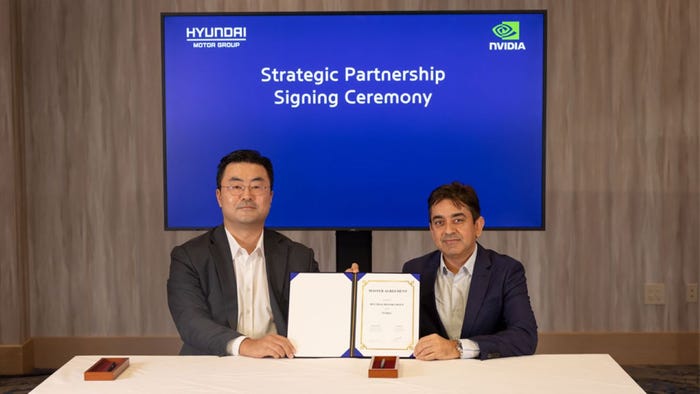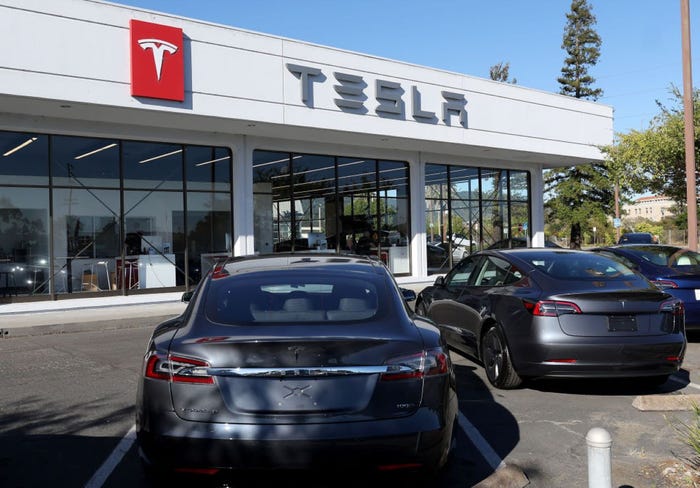Waymo Secures $5B Investment, Forges Ahead in Self-Driving Taxi Race
Parent company Alphabet announced the commitment during its second quarter earnings call

Self-driving taxi company Waymo will benefit from a further $5 billion investment from parent company Alphabet, which also owns Google.
The commitment was announced by Alphabet’s chief financial officer Ruth Porat on the firm’s earnings call for the second quarter of 2024.
Porat said the sum constituted a “new multi-year investment.”
“This new round of funding, which is consistent with recent annual investment levels, will enable Waymo to continue to build the world’s leading autonomous driving technology company,” Porat said.
The investment is a reflection of the satisfaction within Alphabet of the progress that Waymo is making.
CEO Sundar Pichai pointed out that Waymo was getting “rave reviews” from users with more than 2 million trips delivered to date, and more than 20 million fully autonomous miles accumulated on public roads.
Pichai added: “Waymo is now delivering well over 50,000 weekly paid public rides, primarily in San Francisco and Phoenix. And in June, we removed the wait list in San Francisco, so anyone can take a ride. Fully autonomous testing is underway in other Bay Area locations without a human in the driver seat.”
Beyond that, it is also offering commercial driverless rides in certain areas of Los Angeles, is preparing to launch in Austin and is also targeting airport rides in San Francisco. Additionally, its next-generation self-driving taxi, closely linked to the Zeekr MIX, is already testing in the US.
This rise to become the undisputed self-taxing leader would have been unthinkable a year ago, when Waymo stood side by side with General Motors’ Cruise in finally getting permission to operate commercial services 24/7 in San Francisco following a landmark decision by the California Public Utilities Commission.
At that stage, Cruise was well ahead in its deployment in San Francisco, and in implementing an expansion plan across other American cities.
But the battle between the pair was turned on its head following an incident in San Francisco in October, when a pedestrian was badly injured after being dragged along the road by a Cruise Chevrolet Bolt self-driving taxi, having been hit by another car.
This sent Cruise into crisis mode, with its licenses to operate in California suspended, all activities paused nationally and an independent report highly critical of how the company handled the incident – leaving the path clear for Waymo to take control of the robotaxi space.
Cruise is still suffering the fallout from this, having only recently resumed testing and earlier this week seeing its long-waited purpose-built Origin self-driving taxi canned by GM.
The latter decision prompted some fierce criticism from former Cruise CEO Kyle Vogt – forced to step down in the aftermath of the October incident – who lambasted GM in a post on X.
Vogt said: “Disappointed to see GM kill the Origin. Would have been amazing for cities. GM repeatedly finds themselves with a 5-10 year head start, but then fumbles the ball, shuts things down, and loses the lead. Anyone remember the EV1? It’s like someone keeps letting them look into a crystal ball and then they just go, ‘nah, we’re good.’”
About the Author
You May Also Like








